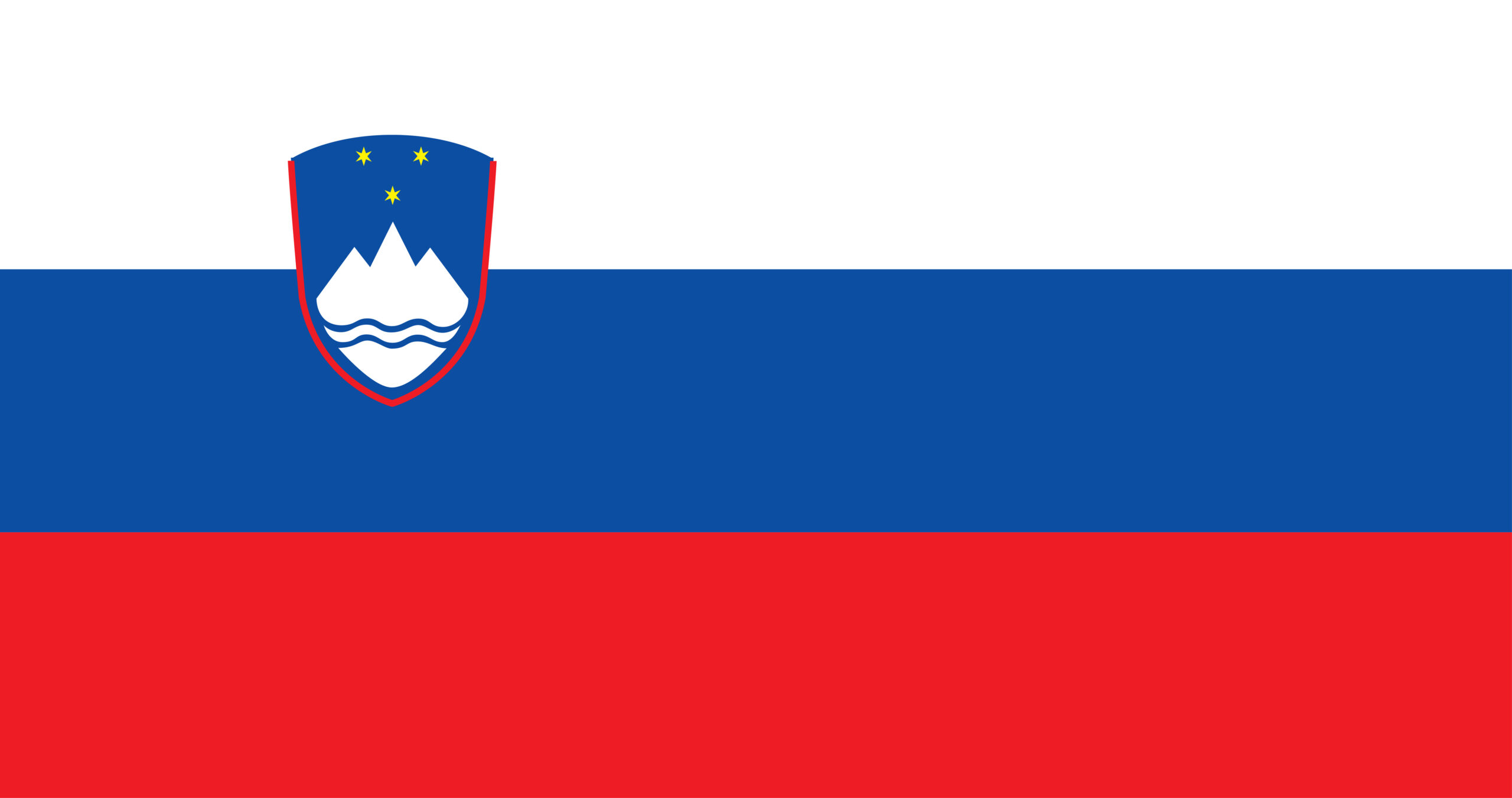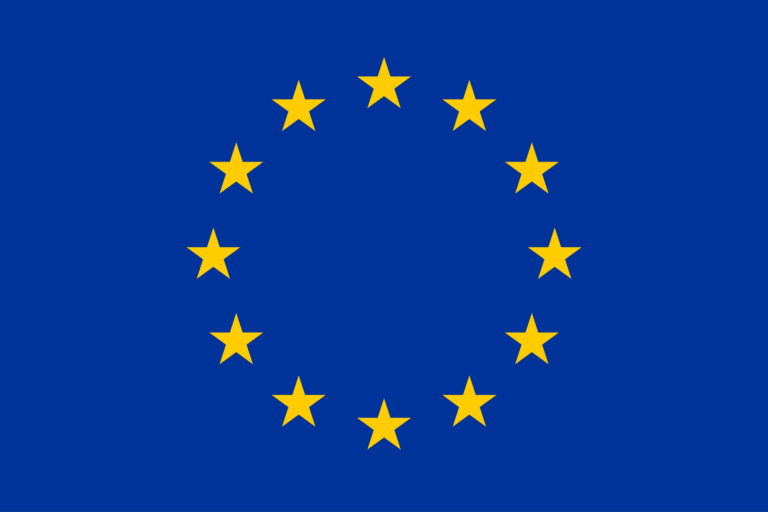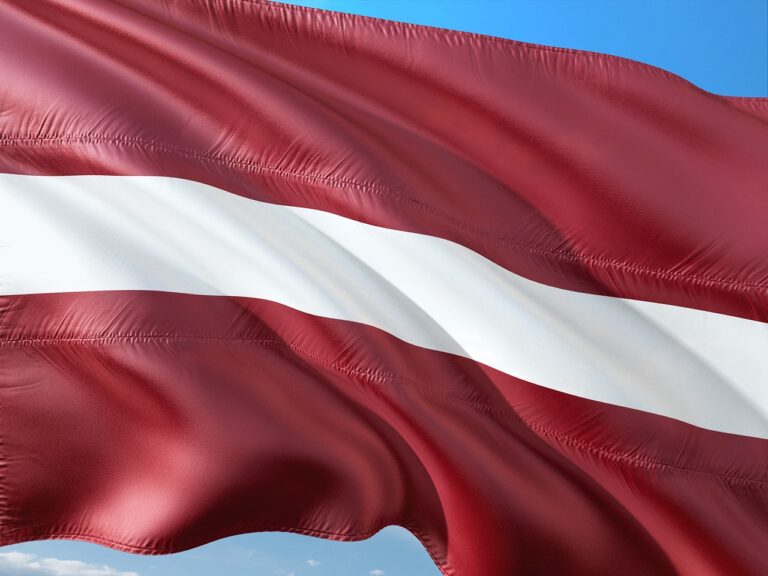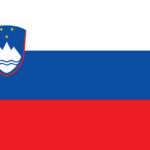Short introduction
Physiotherapy is a vital component of Slovenia’s healthcare system, contributing significantly to the rehabilitation and well-being of patients. The field offers a broad range of career opportunities, including roles in hospitals, clinics, sports rehabilitation, and private practices. Aspiring physiotherapists in Slovenia are trained to deliver evidence-based care, addressing both acute and chronic conditions while promoting overall physical health. Commitment to providing high-quality Physiotherapy degrees Slovenia ensures that graduates are well-prepared for professional practice both within Slovenia and internationally.
With a combination of hands-on training and theoretical knowledge, physiotherapists gain the expertise needed to assess, treat, and prevent movement disorders and injuries. The profession’s global recognition also provides ample career opportunities across Europe and beyond, making Slovenia a competitive option for those seeking comprehensive physiotherapy education.
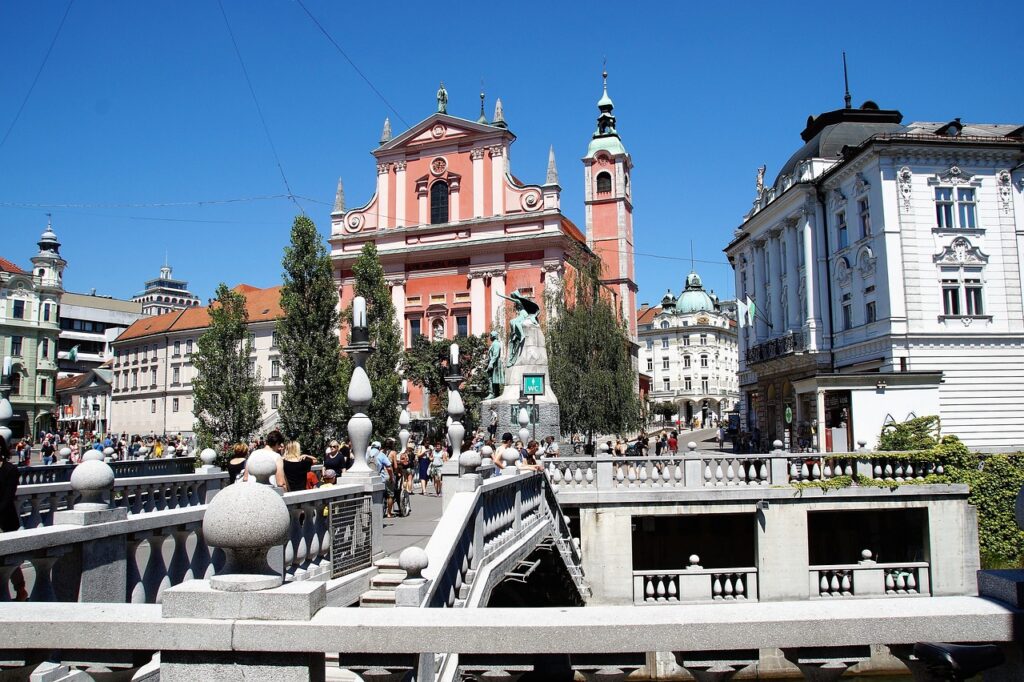
The country’s physiotherapy education is regulated and supported by the Ministry of Health of the Republic of Slovenia and the Slovenian Association of Physiotherapists, guaranteeing that the curriculum reflects contemporary practices and ethical standards in healthcare.
Overview of Physiotherapy Education in Slovenia
A Bachelor’s Physiotherapy degrees Slovenia typically takes three years to complete. This undergraduate program is structured to provide students with a balanced mix of theoretical knowledge and practical experience. The curriculum covers core subjects such as anatomy, physiology, biomechanics, pathology, and therapeutic techniques. Throughout the program, students engage in clinical placements to gain hands-on experience, applying their academic learning in real-world settings.
During their studies, students are trained to assess and treat a variety of physical conditions, ranging from musculoskeletal injuries to neurological disorders. The program emphasizes evidence-based practice, ensuring that graduates are prepared to integrate the latest research into their clinical work.
It is essential for Slovenian physiotherapy programs to align with international standards, particularly those set by World Physiotherapy (formerly the World Confederation for Physical Therapy). This ensures that the education provided is globally recognized and that Slovenian-trained physiotherapists can practice in various countries with confidence.
Universities Offering Physiotherapy Degrees in Slovenia
Several universities in Slovenia offer high-quality physiotherapy degree programs that provide students with a comprehensive education in the field.
- The University of Ljubljana, the country’s largest and oldest institution, offers a Bachelor’s degree in physiotherapy through its Faculty of Health Sciences. This program is recognized for its academic rigor and practical training components, preparing students for careers in clinical settings, rehabilitation centers, and private practice.
- Alma Mater Europaea University and the University of Novo Mesto, both of which offer specialized physiotherapy programs designed to meet the needs of a diverse student body. These universities provide students with a broad range of courses, including advanced clinical training, therapeutic techniques, and research-based studies.
Admission Requirements for Physiotherapy Programs
To gain admission to a physiotherapy program in Slovenia, applicants must have a high school diploma, ideally with a background in science or health-related subjects. This foundational knowledge in biology, chemistry, and physics is essential, as these subjects form the basis for much of the academic work throughout the degree program. Students with a strong academic record in these areas are typically favored during the admissions process.
Some universities may require entrance exams as part of their selection process. These exams often assess knowledge in key subjects such as biology, chemistry, and physics. The entrance exams are designed to evaluate applicants’ understanding of fundamental concepts in health sciences, ensuring that students are prepared for the academic demands of the physiotherapy program. The exams may include multiple-choice questions, written essays, or practical assessments, depending on the university’s requirements.

To prepare for these entrance exams, prospective students should focus on reviewing core scientific principles related to human biology, anatomy, and physiology. In addition to academic preparation, it is beneficial to practice critical thinking and problem-solving skills, as some exams may include case studies or scenario-based questions.
Registration and Professional Recognition
Upon completing a Physiotherapy degrees Slovenia, graduates must register with the Slovenian Association of Physiotherapists (Strokovno Združenje Fizioterapevtov Slovenije) to obtain professional recognition and legally practice as physiotherapists. The Slovenian Association of Physiotherapists plays a crucial role in regulating the profession, ensuring that all practitioners adhere to the highest standards of practice and ethics. Registration with the association is a requirement for working in any healthcare setting, whether in public or private institutions and is a significant step toward establishing a legitimate career in physiotherapy.
The registration process involves submitting proof of academic qualifications, completing a professional application, and meeting any additional requirements set by the association. Once registered, physiotherapists are listed in the national registry, which not only confirms their credentials but also provides access to various professional services, including insurance and liability coverage.
Without this recognition, practitioners would be unable to work legally within Slovenia or seek opportunities in other EU member states, where similar professional standards are required.
Continuing Education and Career Development
In Slovenia, physiotherapists are encouraged to engage in continuous professional development (CPD) to maintain and enhance their clinical skills throughout their careers. Continuing education is essential not only for keeping up with advances in physiotherapy techniques but also for meeting regulatory requirements set by professional associations. The Slovenian Association of Physiotherapists plays an integral role in supporting lifelong learning by offering various educational programs, workshops, and seminars.
Attending seminars and conferences is particularly important for physiotherapists, as it allows them to stay informed about the latest research, clinical practices, and technological innovations in the field. These events often feature expert speakers, case studies, and hands-on training, providing participants with new insights and techniques that can be directly applied in their practice.
Career Opportunities for Physiotherapists in Slovenia
The demand for physiotherapists in Slovenia has been steadily increasing, driven by an aging population, advancements in medical treatments, and growing awareness of the importance of physical rehabilitation. Physiotherapists are integral to Slovenia’s healthcare system, where they work in various settings, including hospitals, rehabilitation centers, sports clinics, and private practices. With the country’s robust healthcare infrastructure and a focus on preventative care, the need for qualified physiotherapists continues to grow, creating ample career opportunities.
In hospital settings, physiotherapists work closely with physicians and other healthcare professionals to treat patients recovering from surgeries, injuries, or chronic conditions. This includes rehabilitation for musculoskeletal injuries, neurological disorders, and post-surgical recovery. Physiotherapists in rehabilitation centers focus on long-term recovery, helping patients regain mobility and independence.

In addition to healthcare institutions, sports organizations, including professional athletic teams and sports clinics, also employ physiotherapists to treat and prevent injuries in athletes. These positions often require specialized training in sports medicine and rehabilitation techniques tailored to the demands of competitive sports.
Private practice offers physiotherapists the opportunity to build their own businesses, providing individualized care to patients with a wide range of conditions. This route allows for more flexibility in work schedules and a greater degree of autonomy in treatment planning.

